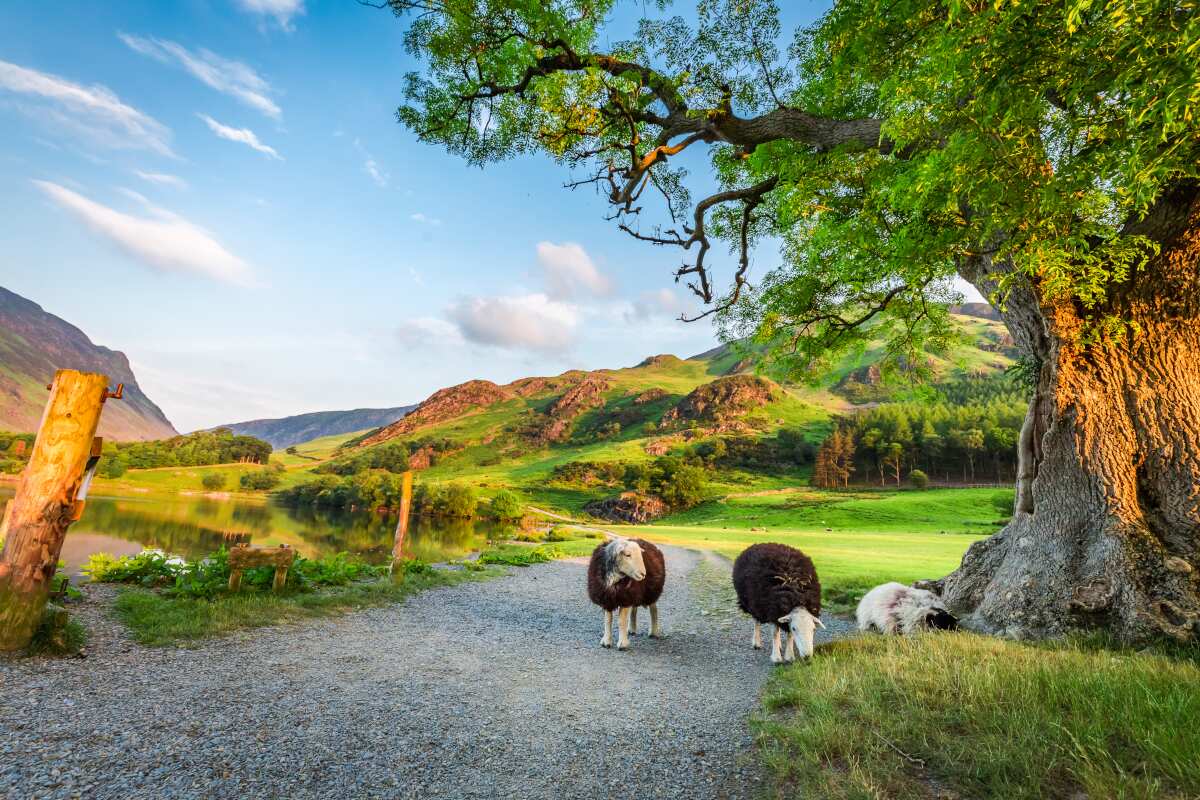
Lee Schofield’ Wild Fell reveals the fragility of a much-loved British landscape
Review by Caroline Millar
While many of us might see the Lake District as one of England’s last wild places, somewhere to escape life’s daily stresses and immerse ourselves in the natural world, Lee Schofield paints a picture of fragility, of a landscape teetering on the edge.
Beginning with a walk to Eagle Hut on the edge of Haweswater, the home of England’s last golden eagle (not seen since 2016), and ending with a flash forward to an optimistic future in which the author feels the shadow of a golden eagle pass over him once more, Wild Fell is an urgent plea for diversity, for a future in which nature no longer plays second fiddle to the needs of people.
A self-confessed incomer to the Lakes, Schofield’s views aren’t always popular, particularly with long-standing farming families whose way of life is understandably threatened by suggestions of turning land from (human) profit to rewilding. And he isn’t afraid to raise difficult subjects, questioning what makes a landscape ‘beautiful’ and challenging our Romantic and anthropocentric view of the Lakes as a balm for the soul. If beauty is in the eye of the beholder, farmers no doubt see beauty in the traditional, centuries-old landscape of dry stone walls and sheep pasture, while for Schofield and other conservationists, it’s a field of wildflowers alive with the buzz and flutter of bees, birds, butterflies and a million insects.
With COP26 in our rear-view mirror and a heightened awareness of wildlife and climate collapse, the arguments for rewilding are difficult to contest, but Schofield sees it both ways, disputing the binary choice between farming and rewilding, offering Haweswater as a model for how both can co-exist. The reader is left hoping that his call won’t go unanswered and that these 30 square kilometres of uplands will inspire a revolution in how we manage the land – if, that is, it isn’t already too late.




